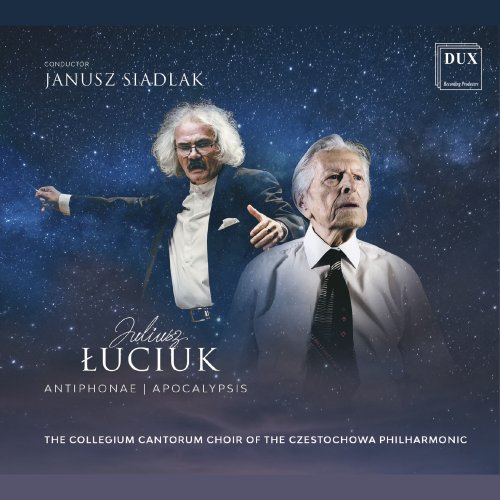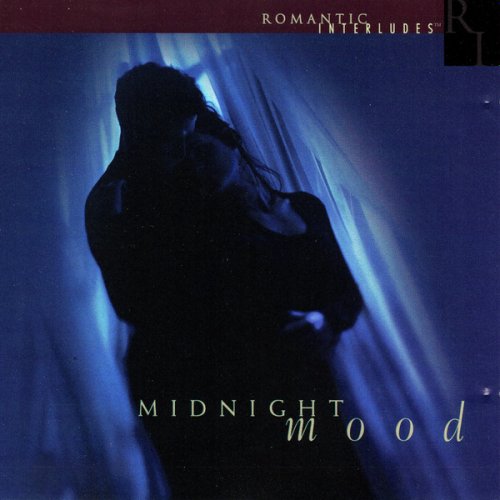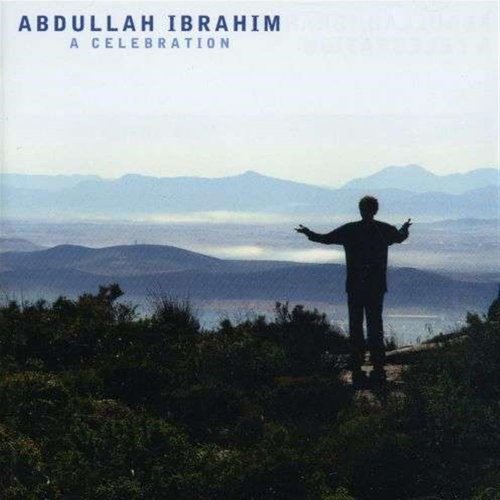THE “COLLEGIUM CANTORUM” CHOIR OF THE CZĘSTOCHOWA PHILHARMONIC - Juliusz Łuciuk: Antiphonae, Apocalypsis (2023) Hi-Res

Artist: Janusz Siadlak, THE “COLLEGIUM CANTORUM” CHOIR OF THE CZĘSTOCHOWA PHILHARMONIC, Weronika GĘBALA, Michał Gębala, Grzegorz Rogut, Agata WIDERA-BURDA
Title: Juliusz Łuciuk: Antiphonae, Apocalypsis
Year Of Release: 2023
Label: DUX
Genre: Classical
Quality: FLAC (tracks) / FLAC 24 Bit (96 KHz / tracks)
Total Time: 55:52 min
Total Size: 232 / 1005 MB
WebSite: Album Preview
Tracklist:Title: Juliusz Łuciuk: Antiphonae, Apocalypsis
Year Of Release: 2023
Label: DUX
Genre: Classical
Quality: FLAC (tracks) / FLAC 24 Bit (96 KHz / tracks)
Total Time: 55:52 min
Total Size: 232 / 1005 MB
WebSite: Album Preview
1. Antiphonae for male choir (1980–84) (Alma Redemptoris Mater)
2. Antiphonae for male choir (1980–84) (Ave Regina caelorum)
3. Antiphonae for male choir (1980–84) (Regina coeli laetare)
4. Antiphonae for male choir (1980–84) (Salve Regina)
5. Apocalypsis for soprano, alto, tenor, baritone and mixed choir (1985)
6. Partes Variabiles for female choir (1985) (Implemini Spiritu sancto)
7. Partes Variabiles for female choir (1985) (Alleluia)
8. Partes Variabiles for female choir (1985) (Benedic anima mea Domino)
9. Partes Variabiles for female choir (1985) (Tollite hostias)
10. Partes Variabiles for female choir (1985) (Afferte Domino)
The core of Juliusz Łuciuk's musical oeuvre are religious vocal and instrumental works, piano compositions, and great stage works.
Łuciuk composed for a continuous period of over sixty years; from neoclassicism, through the musical avant-garde, to religious neotonality. In 1984, Łuciuk completed the Quattro Antiphonae to the Blessed Virgin Mary for a cappella male choir, in which each of the four antiphons drew abundantly from the tradition of European religious music related to the Gregorian chant. The four Antiphonae, though at first giving the impression of arrangements of choral melodies, are not actually arrangements, and their course is only partially predictable for the listener in terms of melody and sound.
Within Apocalypsis, transparent types of texture and expressive melodies dominate, and the basic means of expression are tone colour and articulation emphasising the text. In the joyful finale, in which good ultimately triumphs over evil, the musical narrative is complicated by the syncopated rhythms and quasi-jazz solutions.
In 1985 Partes Variabiles was created. It was a time when the Łuciuk was more deeply involved in the sphere of religious spirituality expressed by sounds and contained in neotonal harmonies, a dense but clear texture, rich tone colours, and the sophisticated use of sounds. This work is considered the beginning of his mature work of a religious and national ethos, reflecting the core idea of ennobling the sonic layer and constituting an intimate artistic expression with transcendental contents, characterised by a strong self-stigmatisation and love for God.
Musicologist Maciej Negrey wrote: "Łuciuk is one of the most outstanding representatives of Polish contemporary vocal music. From the very beginning, his artistic expression was accompanied by the sound of a human voice."
Łuciuk composed for a continuous period of over sixty years; from neoclassicism, through the musical avant-garde, to religious neotonality. In 1984, Łuciuk completed the Quattro Antiphonae to the Blessed Virgin Mary for a cappella male choir, in which each of the four antiphons drew abundantly from the tradition of European religious music related to the Gregorian chant. The four Antiphonae, though at first giving the impression of arrangements of choral melodies, are not actually arrangements, and their course is only partially predictable for the listener in terms of melody and sound.
Within Apocalypsis, transparent types of texture and expressive melodies dominate, and the basic means of expression are tone colour and articulation emphasising the text. In the joyful finale, in which good ultimately triumphs over evil, the musical narrative is complicated by the syncopated rhythms and quasi-jazz solutions.
In 1985 Partes Variabiles was created. It was a time when the Łuciuk was more deeply involved in the sphere of religious spirituality expressed by sounds and contained in neotonal harmonies, a dense but clear texture, rich tone colours, and the sophisticated use of sounds. This work is considered the beginning of his mature work of a religious and national ethos, reflecting the core idea of ennobling the sonic layer and constituting an intimate artistic expression with transcendental contents, characterised by a strong self-stigmatisation and love for God.
Musicologist Maciej Negrey wrote: "Łuciuk is one of the most outstanding representatives of Polish contemporary vocal music. From the very beginning, his artistic expression was accompanied by the sound of a human voice."







![Lionel Hampton - Jam Session in Paris (Remastered) (2022) [Hi-Res] Lionel Hampton - Jam Session in Paris (Remastered) (2022) [Hi-Res]](https://www.dibpic.com/uploads/posts/2025-12/1766737729_lhjp500.jpg)
